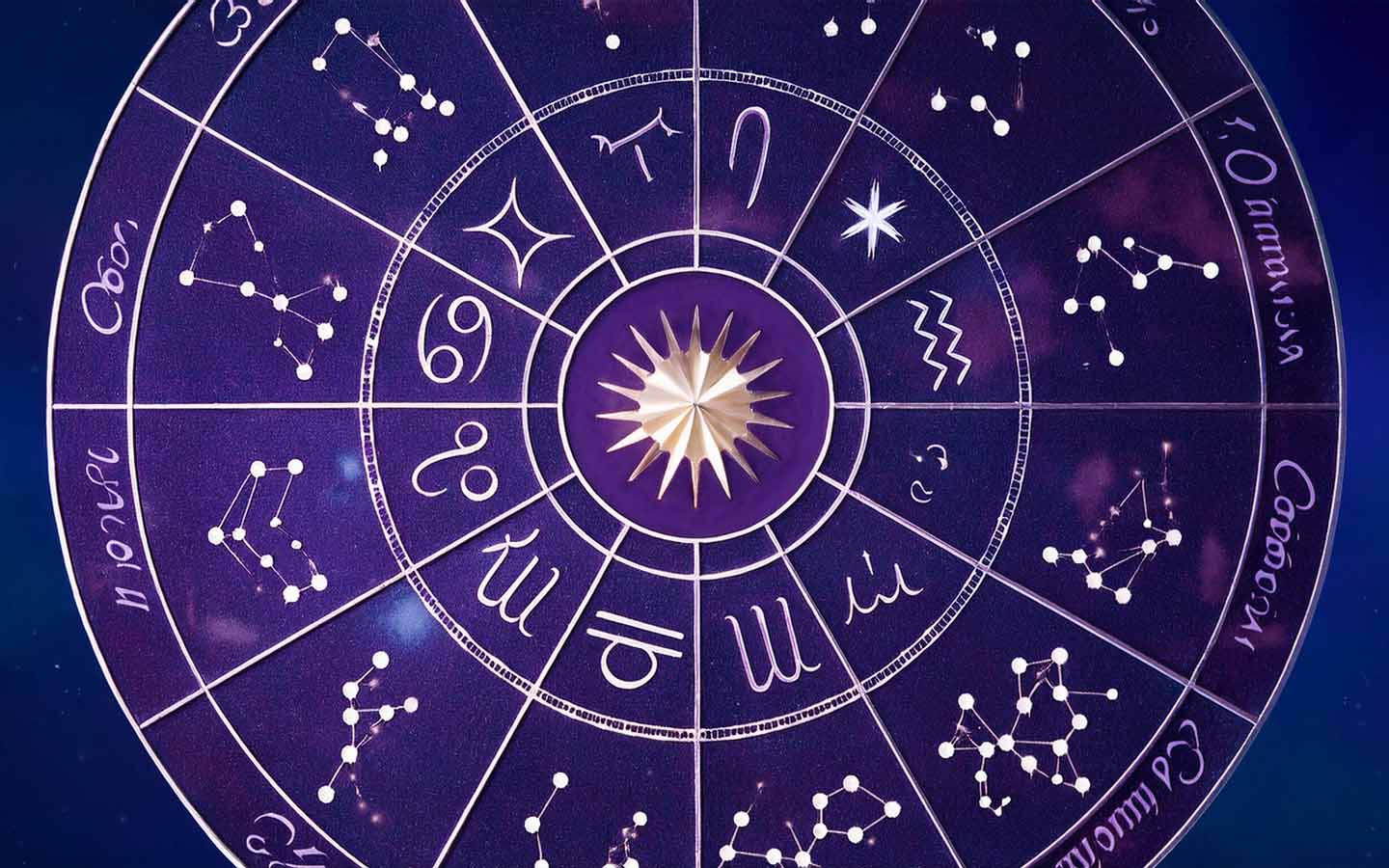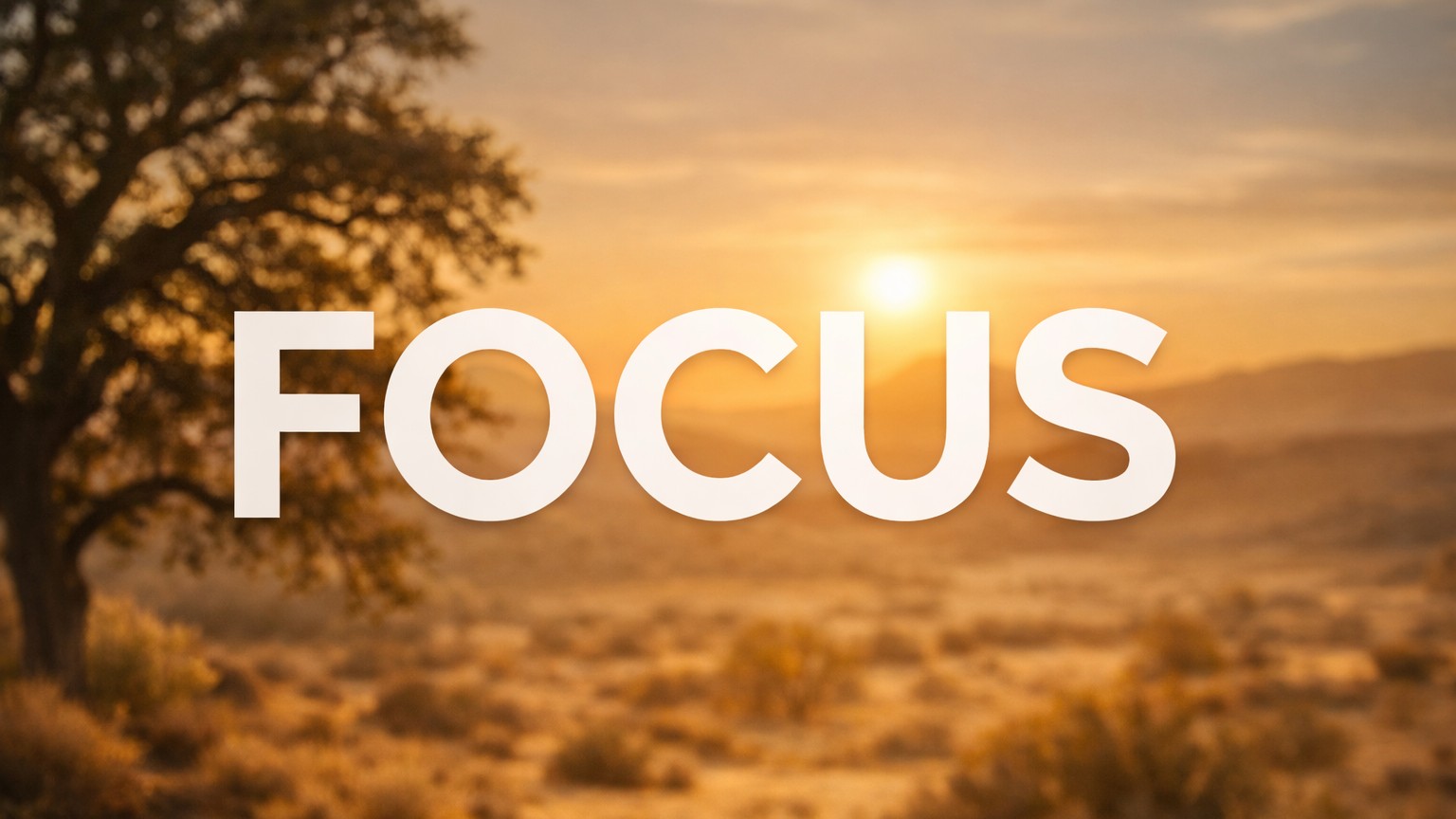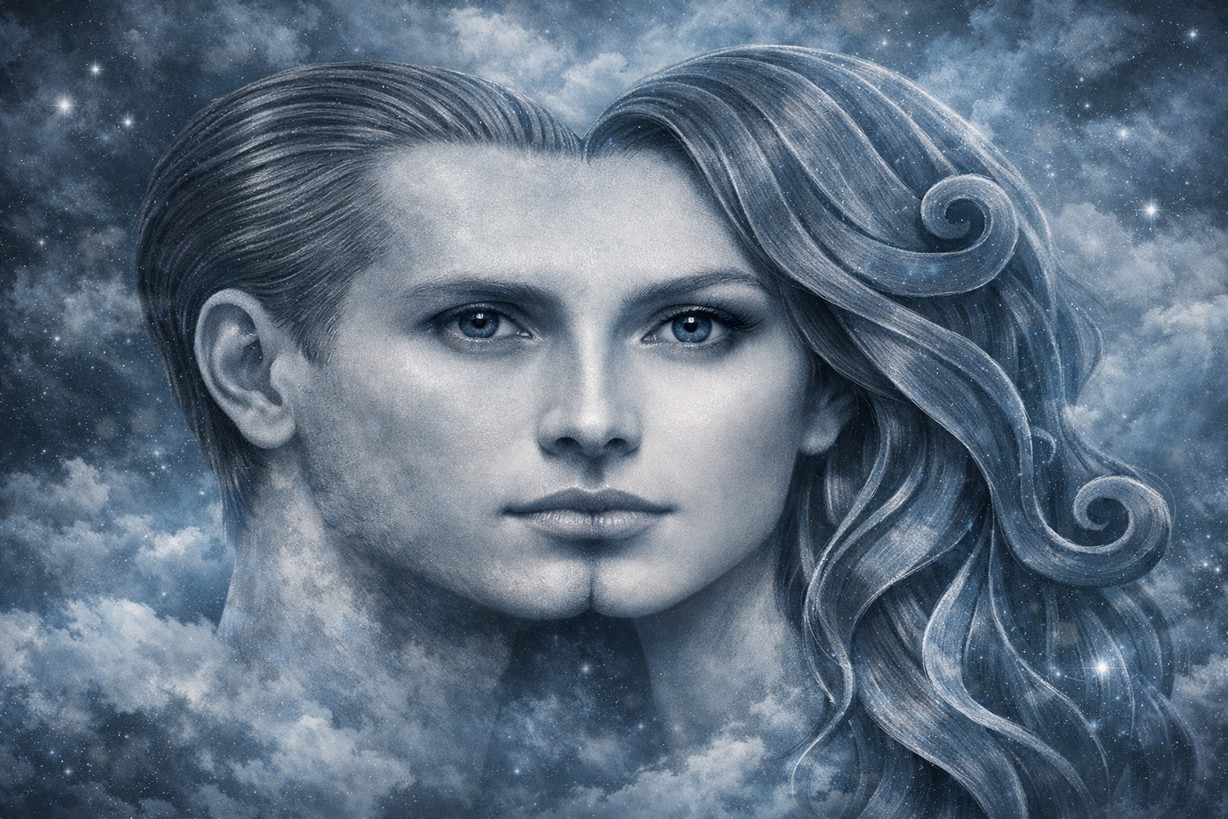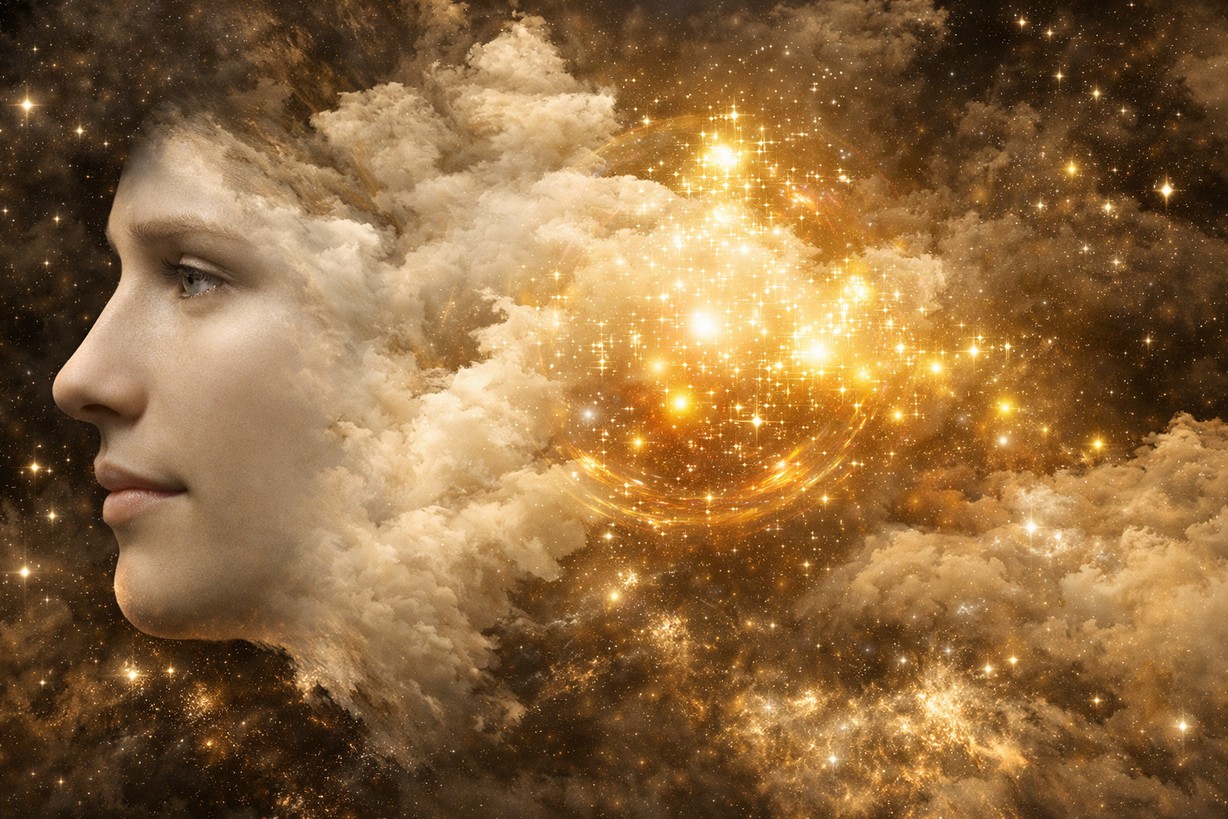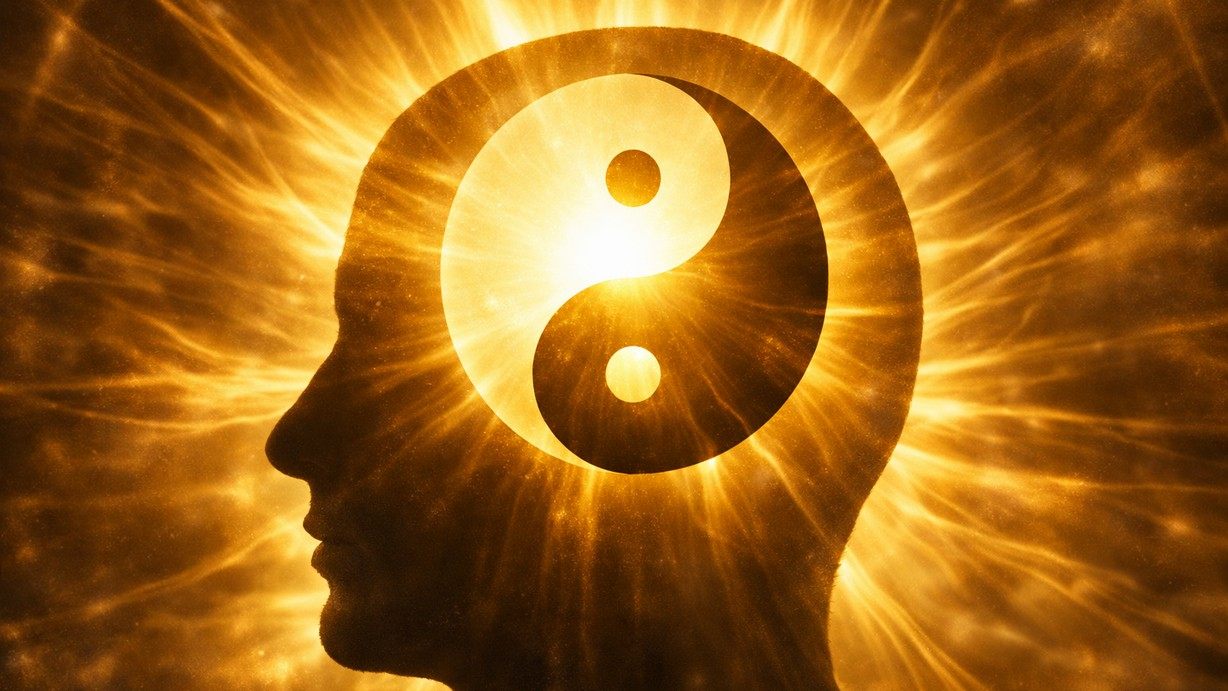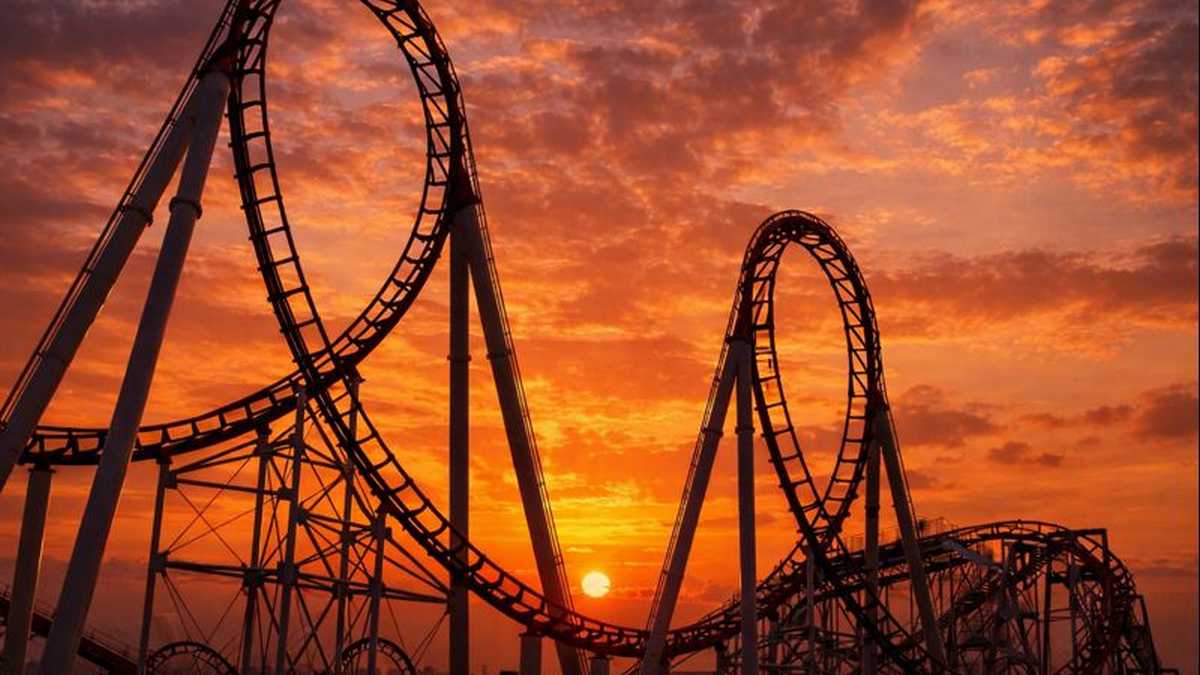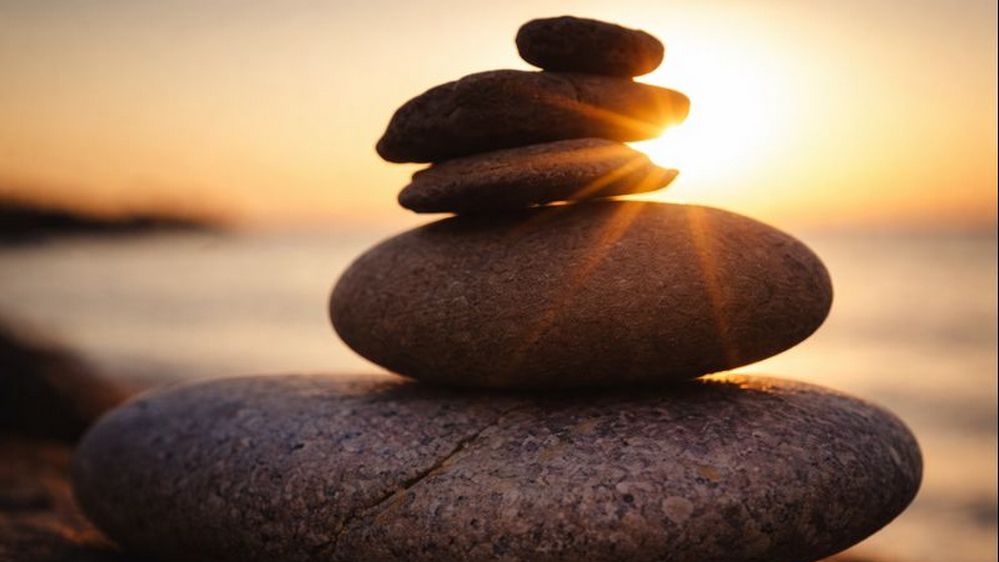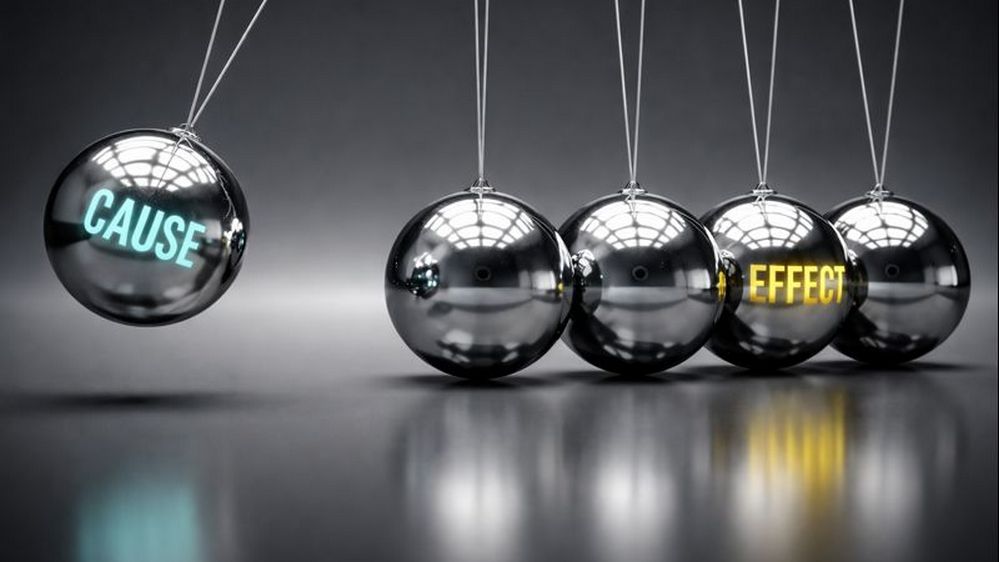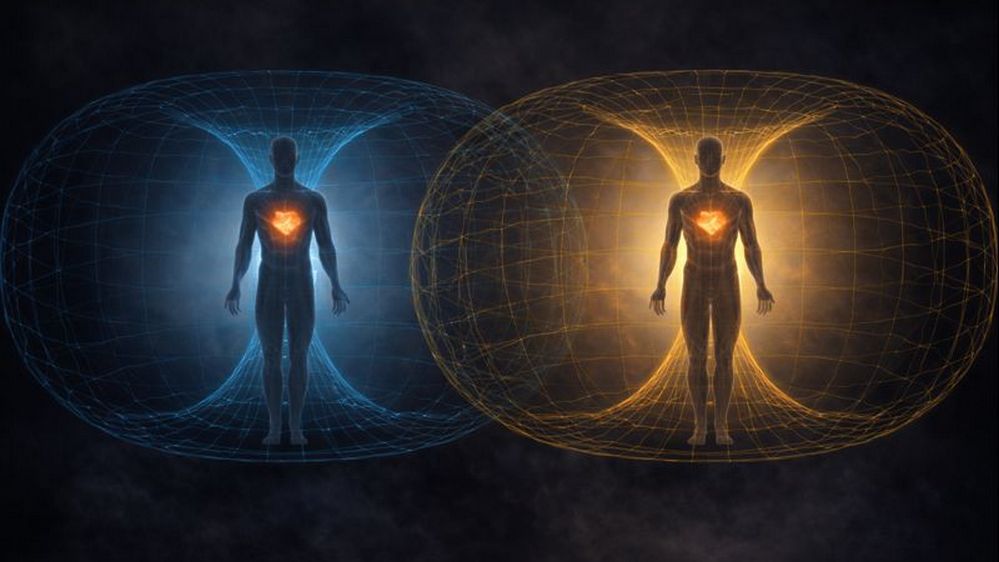Whether you’re a dyed-in-the-wool Capricorn who swears by structure or a rebellious Aquarius who scoffs at anything predictable (even your own horoscope), chances are you’ve peeked at your zodiac sign at least once this week.
Maybe it was for fun, maybe you were curious, or maybe Mercury retrograde had just turned your perfectly normal Tuesday into a cosmic slapstick routine.
Whatever the reason, Western astrology (yes, the one with horoscopes, birth charts, and those ever-dramatic retrogrades) still captivates millions of baby boomers and Gen Xers like a psychic hotline in the ’90s.
So, what’s the deal with astrology? Why does it continue to shine in the age of apps, algorithms, and AI?
Let’s dust off the stardust and explore.
A Brief (and Slightly Snarky) History
Western astrology isn’t some New Age fad. It’s been around longer than most civilizations still standing.
Born in Babylon over 2,000 years ago, it hitched a ride to Greece, where folks like Ptolemy gave it a makeover. Eventually, landed in the living rooms of suburban America, sandwiched between syndicated advice columns and Garfield comics.
Fast-forward to the 20th century, and astrology really hit its groove.
Newspapers published daily horoscopes, people started casually blaming their behavior on planetary placements (“Sorry I ghosted you, I’m a Sagittarius”). And birth charts became conversation starters at dinner parties.
But even with science throwing the occasional skeptical side-eye, Western astrology didn’t just hang on…it flourished.
And now, thanks to a few millennia of starry-eyed belief and a dash of internet magic, it’s more alive than ever.
The Allure of the Horoscope – More Than Just “What’s Your Sign?”
Boomers remember horoscopes in the back of Cosmopolitan.
Gen Xers might recall calling 1-900 numbers for a steamy “personalized forecast”, billed per minute.
Today, you’ve got apps like Co–Star sending out daily wisdom like “Feel your emotions today, even if they’re inconvenient,” which hits suspiciously hard while you’re crying in the parking lot of Trader Joe’s.
What makes it so compelling? Two words: personal relevance.
There’s something oddly comforting about seeing your inner turmoil mirrored in the stars. You feel seen. Validated. Maybe even warned in advance. (“Avoid confrontation today,” it says. You cancel lunch with your mother-in-law.)
It’s part self-help, part theater, and part cosmic choose-your-own-adventure. And, frankly, it’s fun.
Birth Charts – The Starry DNA of You
Forget just your sun sign.
If you really want to impress at your next book club meeting, drop this: “I’m a Virgo sun, Scorpio moon, with Leo rising.”
You’ll either earn awe or an eye roll. But either way, you’ve entered the realm of serious astrology.
Western astrology’s real magic lies in the birth chart, a celestial snapshot of the sky at the moment you were born. Think of it as your cosmic blueprint, supposedly shaping your personality, life path, love life, and yes, even your annoying habit of interrupting people (looking at you, Aries Mercury).
For the boomers and Gen Xers who remember life before Google, birth charts used to involve ephemerides, pencil marks, and astrologers who looked like they knew your secrets.
Today, you can get a full birth chart reading in three clicks, and some of it might even ring creepily true.
Mercury Retrograde – The Celestial Scapegoat
Let’s talk about the villain in every astrologer’s tale: Mercury in retrograde.
This cosmic boogeyman supposedly disrupts communication, travel, tech, and…if you ask your barista…the milk frother. When Mercury appears to move backward in the sky (it’s an illusion, but let’s not ruin the drama), things seem to go haywire.
Emails vanish, flights get delayed, and exes pop up like bad pennies.
The concept has become so mainstream that it’s practically a meme.
Can’t find your keys? Retrograde. Printer jammed again? Retrograde. Bought another air fryer you didn’t need? Definitely retrograde.
It’s blame-shifting at its finest. And well, we love it.
Critics, Skeptics, and Science-y Types
Of course, astrology isn’t without its critics. Scientists tend to frown at the idea that the position of Venus could affect your dating life.
Statistically, there’s no hard proof that your sun sign predicts your behavior. But then again, neither does your Myers-Briggs result or that personality quiz you took in 1997 that told you you’re a “Strong-Willed Otter.”
Here’s the truth: astrology isn’t trying to pass itself off as physics.
It’s more of an art than a science, a symbolic language, a mythological framework, a poetic mirror. And sometimes, it just feels good to believe in something mysterious.
Why It Still Matters (and Why We’re Still Hooked)
Let’s be honest. Life is confusing. The world is weird.
And even though we’re older and wiser now, we still want answers. Or at least clues.
Western astrology gives us something to hold on to…a narrative, a rhythm, a sense of connection to the universe that goes beyond traffic jams and Wi-Fi outages.
For boomers who watched the Moon landing and Gen Xers who lived through dial-up, astrology offers both nostalgia and relevance.
It speaks to the timeless desire for meaning, especially when life feels like a string of random events with too many surprise endings.
So, Should You Believe?
Believe if you want. Dismiss it if you must.
But if you’re reading this while Mercury is retrograde and wondering whether that weird dream last night was a sign from Neptune, welcome to the club.
Whether you’re Team Skeptic or Team Stargazer, astrology remains a cultural force. Equal parts mystery and metaphor.
Maybe it’s not about predicting the future. Maybe it’s about understanding yourself just a little better. Or maybe, just maybe, it’s a good excuse to light a candle, pour a glass of something delicious, and blame your outburst on your Mars in Leo.
Because let’s face it: blaming the stars beats blaming yourself.
Final Thought
Western astrology may not tell you what stocks to buy or which highway to avoid, but it still offers something rare and precious…a moment of reflection, a touch of wonder, and a reason to look up.
And in a world overflowing with noise, that’s not such a bad thing.


